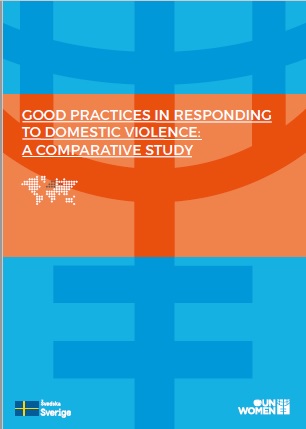
Good Practices in Responding to Domestic Violence a Comparative Study

With the aim of assisting the Agency for Gender Equality of Bosnia and Herzegovina in supporting responsible government bodies to advance minimum standards in ensuring response and assistance to victims of gender-based violence, good practices were analysed across four countries, two EU Member States (Austria and Spain), and two non-EU States within the Western Balkan region (Albania and Serbia).
This document provides a detailed, technical description of national programmes and initiatives that have been recognized internationally as good practice. It provides comparative information from the four selected countries in order to demonstrate distinct approaches and models. The aim is to provide diverse options to assist relevant actors in Bosnia and Herzegovina in selecting the best approach tailored to their current needs and circumstances in line with international standards.
For each practice, after setting forth the relevant international standards based on the Istanbul Convention, the UN Guidelines on Essential Services Package, jurisprudence from the European Court of Human Rights and Council of Europe Guidelines, the flagship best-practice initiatives are described, comparing like models, where good practice exists in more than one country. Challenges to implementing each good practice model are also noted, including deviations from international standards as well as practical barriers to implementation